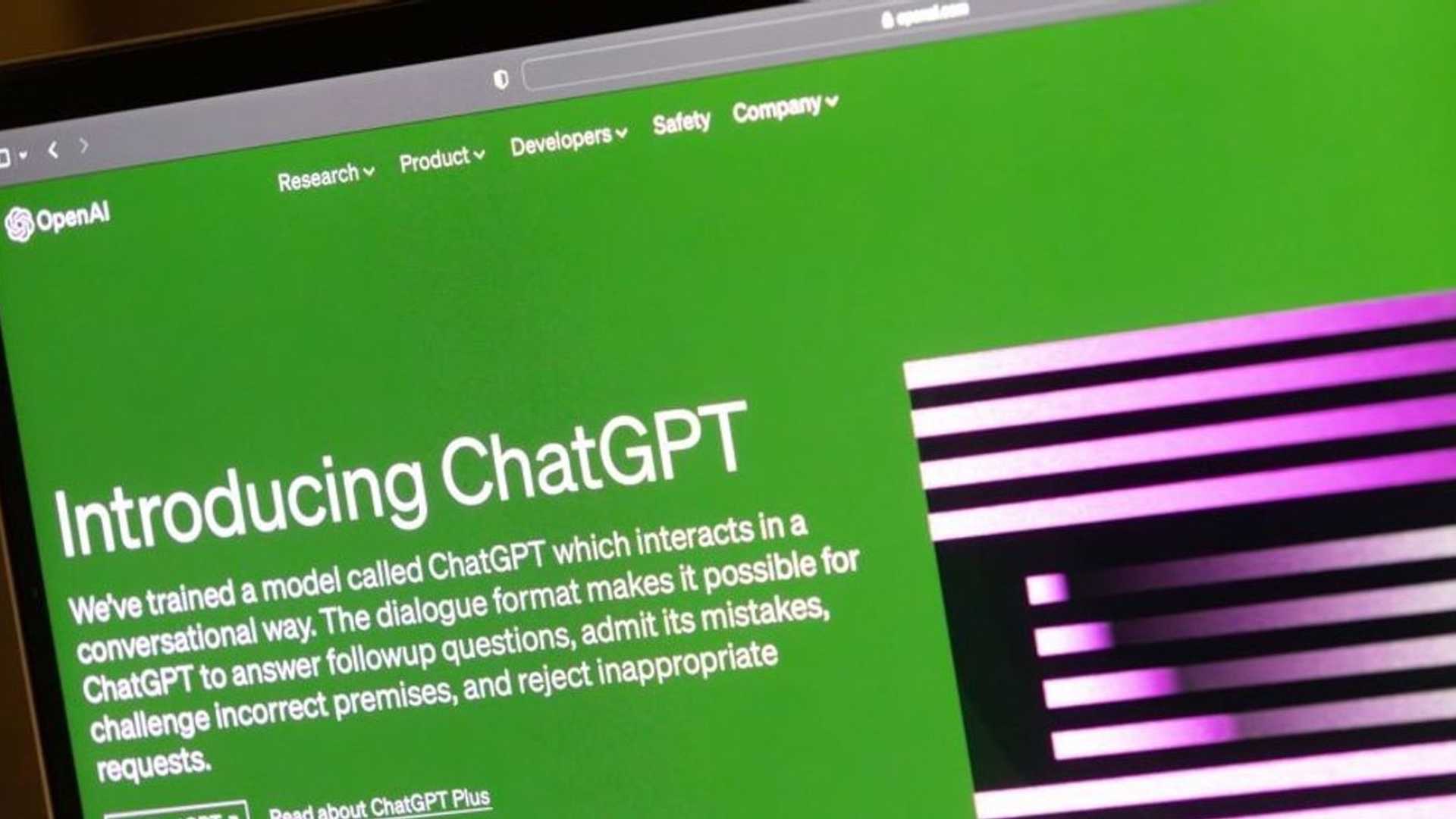Opinion | Noam Chomsky Speaks on What ChatGPT Is Really Good For
ChatGPT, the chatbot developed by OpenAI, has been dominating social media. It is powered by artificial intelligence (AI) and uses Large Language Models that can generate human-like responses. While the potential applications of such technology are enormous, there are also major ethical concerns for society and the future of humanity. The world-renowned linguist Noam Chomsky provides insight into the nagging questions associated with AI.
Differentiating Between Science and Engineering
As AI continues to transform every walk of life, people are starting to question whether machines can become smarter than humans. Chomsky clarifies that we must differentiate between pure engineering and science. Pure engineering seeks to produce a useful product, while science seeks understanding. The founders of AI regarded it as science that made use of new technologies and mathematical discoveries to advance understanding. However, concerns about cognitive sciences have diminished over the years and have largely been replaced by an engineering orientation.
While it is expected that programs will be devised that surpass human capabilities, the term “capabilities” must be defined carefully. For closed systems like chess, for example, a program could be devised to defeat a grandmaster. However, many biological organisms surpass human cognitive capacities in much deeper ways. Therefore, humans are not at the top of a Great Chain of Being.
Potential Benefits vs Costs
AI engineering projects have been used to produce useful products in many fields, including language translation and protein folding. However, the threats associated with engineering AI, such as the tools for disinformation, defamation, and misleading the uninformed that have arisen from current work with Large Language Models (LLMs) and chatbots, are also clear. Furthermore, the threat is compounded when they are combined with artificial images and replication of voice. Therefore, tens of thousands of AI researchers are calling for a moratorium on development because of the potential dangers.
In terms of AI and science, we must be cautious about making exorbitant and reckless claims often amplified in the media. For instance, we must consider the case of language acquisition, which has been the topic of extensive research in recent years. It has shown that infants have very rich knowledge of the ambient language (or languages) that far surpasses their performance. However, the available data is often sparse, particularly when considering rank-frequency like "Zipf’s Law." Therefore, the claims made by AI proponents that AI can replace human understanding are not valid.
Conclusion
The potential benefits of technology must be weighed against the potential costs. It is crucial to regulate AI like ChatGPT to mitigate the ethical concerns that are rising with the growing use of this technology.




















